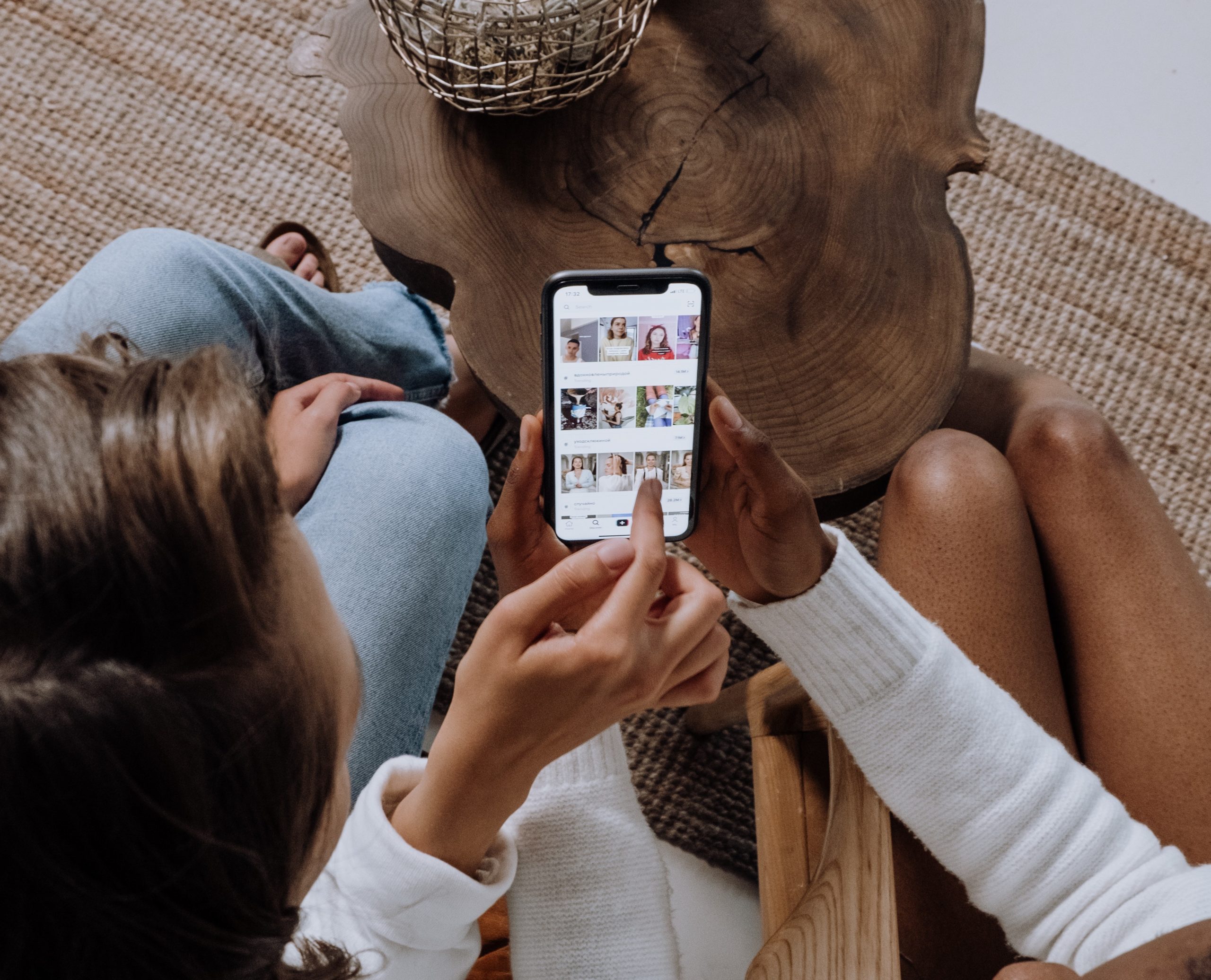Thanks to social media, we were able to reconnect with old friends, classmates and relatives who went abroad. We began to learn the news faster, broadening our horizons. We can exchange thoughts, ideas, creativity with a huge number of people, receive their recognition and support. All the more unexpected was the discovery that social networks can bring not only joy but also disappointment, irritation and depression. Consequently, it’s not a surprise that for the last couple of years, researchers have been trying to solve the concept and realities of network culture.
We trust other people’s opinions too much
Passion for social media impairs the ability to think critically. This conclusion is contained in a joint study of social psychologists from France, Great Britain, the United States and the United Arab Emirates (Journal of the Royal Society Interface, 2013, vol. 11). The authors emphasize: the more we rely on the opinion of our “friends” and the more often we view and share their posts, the less we are ready to question their message. And the fewer chances that in the future we will build our point of view on events without regard to what our environment and friends are saying on social media.
We envy other people
We come to social networks in many ways for the joy of communication. However, we risk not getting it. Most communication on social media is one-way only. Whether it’s looking up what people have shared or it is to express your opinion, it happens in a vacuum where no one is interested to hear the other side. It’s simply screaming into the void to try to make people submit to your point of view.
Mental health experts are already talking about the “envy spiral”: users who feel inferior try to embellish their profiles, which in turn can cause others to do the same. For example, this explains that the dislike of many users for those who show off on social media, post a lot of personal information and demonstrate all of the good stuff while hiding their downsides. Indeed, because of this, the illusion arises that the life of these people is richer than our own.
We cease to control ourselves
Psychologists at the University of Georgia have found that social networking is a source of satisfaction when our virtual environment is full with people with whom we already have good trusting relationships (Journal of Consumer Research, 2013, vol. 40). Social psychologist Susan Newman explains that status updates and “likes” give us the feeling that the people we care about are always “connected”, that they will support us. However, there is a downside: getting used to the support of friends, we cease to control ourselves and become vulnerable. Criticism and disagreement can hurt more.
We rediscover each other
On social networks, we are much more willing to share our experiences, thoughts and experiences. Sometimes it turns out that online behavior contrasts with how a person behaves in everyday communication. Lack of real communication leads to the loss of a sense of reality and social communication skills. In a live conversation, you cannot put a smiley. The concepts “add to friends”, “remove from friends” create the feeling that in real life, relationships are just as easy to build, but this is not so.
Contradictions are inherent in any communication: both in-person and virtual. In this sense, social networks are a reflection of fears, desires and needs. “Facebook gives us a sense of social acceptance,” says Pamela Rutege, a media psychologist. This is due to the psychological stroking that we receive from others. For instance, A pedestrian nods to you when you pass him or her at the crossing, someone “likes” your post – these are things of the same order. Social psychologist Susan Newman adds: “We’re just starting to figure out how “likes” and “tweets” affect our psyche.
Everything new and unexplored causes rejection precisely for this reason. The rules, traditions have not yet been developed, there are no clear boundaries between “can” and “cannot”. How much should we rely on online friendship? Does spending time online affect our mental health? Answers to these and many other questions can only be determined empirically. All we can do now is to follow the polemic on how the Internet has changed people’s lives and expect the proven answers in the nearest future.



